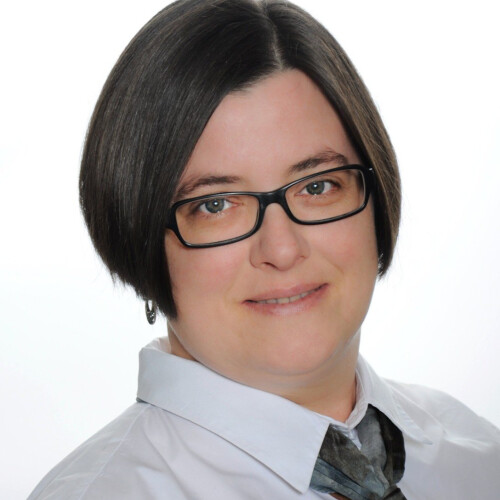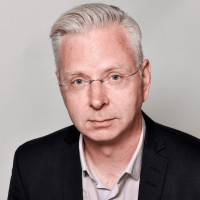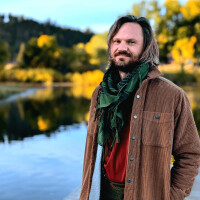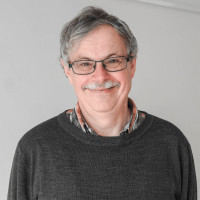
“WELCOME FROM THE DIRECTOR”
The Center for Research on Faith and Human Flourishing (CFHF) exists to advance LCC’s mission through research and academic engagement. The CFHF is interdisciplinary and encourages diverse approaches to any questions about faith and human flourishing, broadly construed. LCC enjoys affiliations with North American networks such as the Council for Christian Colleges and Universities (CCCU) and is well positioned to participate in projects funded by external agencies. Opportunities for CFHF research partnerships include: faculty exchange; research fellowships, and assistance in applying for public and private research grants. For more information, please do not hesitate to contact me.
Dr. Elena Šiaudvytienė
Director, Center for Research on Faith and Human Flourishing






